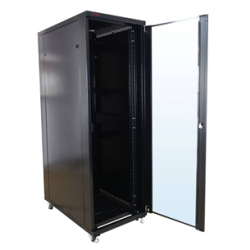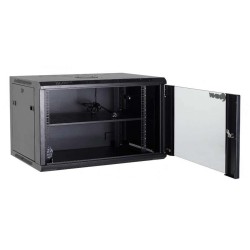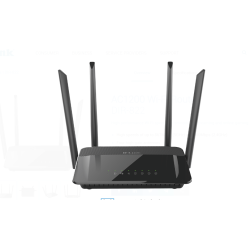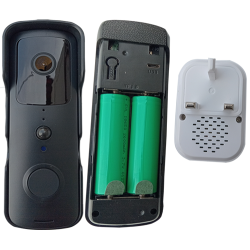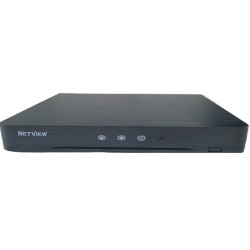NETWORK ROUTERS
Network Connectivity: Routers enable the interconnection of devices within a network by forwarding data packets between them. They facilitate communication between computers, smartphones, tablets, printers, and other network-enabled devices.
IP Routing: Routers use IP (Internet Protocol) addresses to determine the destination of data packets and the best path to deliver them. They maintain a routing table that contains information about available network paths and use algorithms to determine the most efficient route for data transmission.
Network Segmentation: Routers allow network administrators to divide a large network into smaller subnetworks, called subnets. This process is known as network segmentation and helps enhance security, manage network traffic, and improve overall network performance.
Firewall and Security: Many modern routers include built-in firewall capabilities to protect the network from unauthorized access and potential security threats. They can block or allow incoming and outgoing network traffic based on predefined rules and security policies.
Wireless Connectivity: Wireless routers, commonly used in homes and small businesses, provide wireless access points (WAPs) that enable Wi-Fi connectivity. These routers allow wireless devices to connect to the network without the need for physical wired connections.



